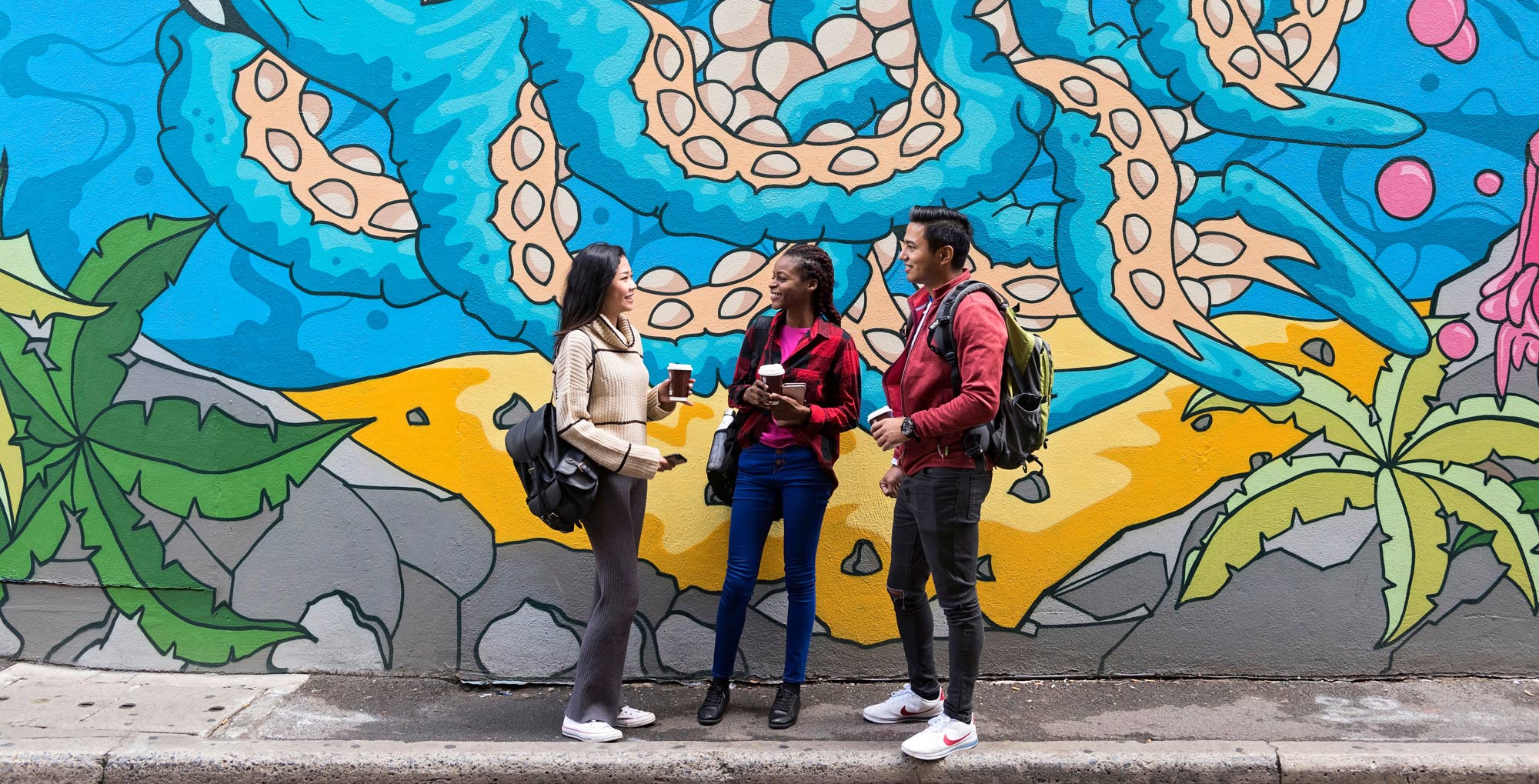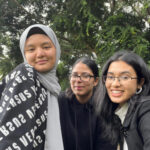
Meet Hania Abdul Baseer
With a passion for creativity, problem-solving and inspired by Australian tech start-ups, Hania chose to study Computer Science which would give her the foundation to solve real-world problems.
After winning Overall Dux in Foundation Studies and then winning the StudyAdelaide International Student Award 2023 for Academic Excellence, Hania has gone on to receive an Adelaide Summer Research scholarship where she collaborated on a project about algorithm optimisation with the University’s School of Computer Science research team.
She was an IT Officer with the Women in STEM Society and has completed an internship with tech startup, Canva. Impressed with her work, the global company has offered her a job upon graduation.
Describe your life growing up in Pakistan and UAE
I spent my early years in the vibrant city of Quetta, Pakistan. Fond memories included playing with school friends, celebrating events like Eid and National Day in colourful attire, and enjoying snacks from food stalls.
In school, I was an active student who cared about studies and grades, participating in extracurricular activities such as singing in a choir for National Day events.
Later, I moved to Dubai, UAE, where I completed high school. Dubai was a bustling city and I made friends from around the world. I prioritised academics and participated in extracurricular activities such as serving on the student council, delivering a science TED talk on the gut-brain connection, and participating in sports days. Outside of school, my interests included watching anime, Kdrama, and drawing which led me to create an anime fan account with 120K followers on Instagram.
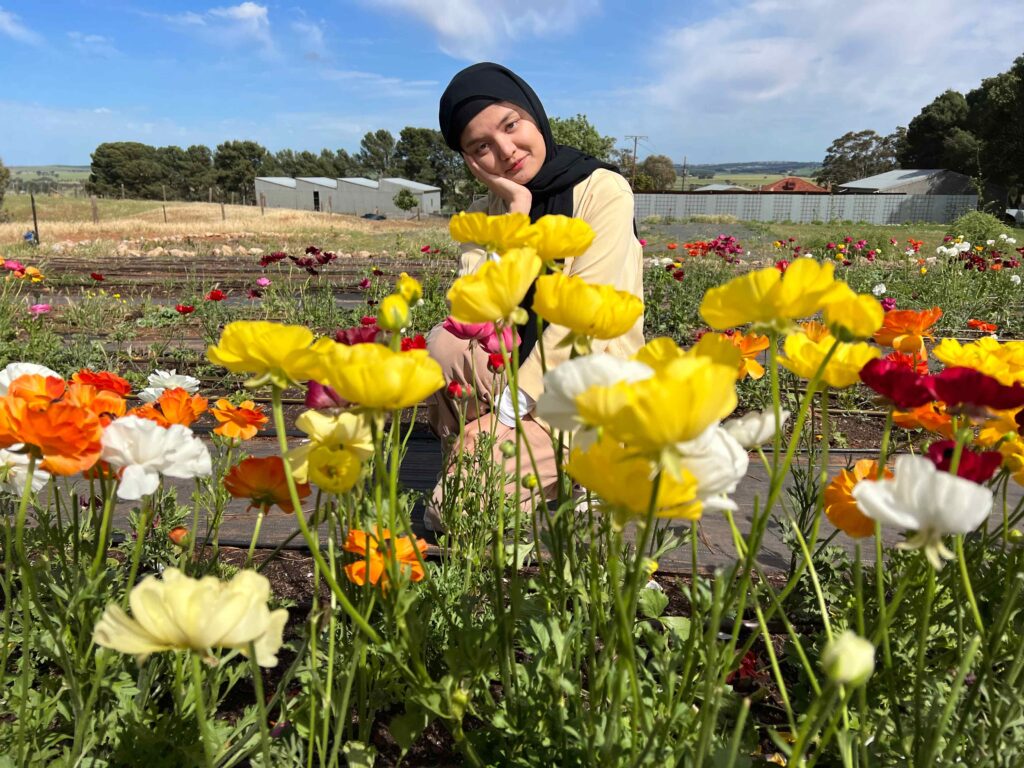
Why did you decide to study in Australia?
I decided to study in Australia because of its high educational standards, state-of-the-art facilities, and global recognition. Since Australia was a multicultural country like UAE and I already knew how to speak English, the transition was smoother.
Australia was very open to international students and proactive in helping students gain work experience. There were volunteering opportunities in the community, internships, and university clubs.
Why did you choose to study Computer Science?
I initially chose to study a degree in biomedical science (after completing the foundation year at the University of Adelaide College). However, during my foundation year, I started questioning whether this was the right path for me. After speaking with career advisors, and the College teachers, and conducting my own research, I switched to Computer Science as it better aligned with my future goals.
I chose to study a Bachelor of Computer Science (Advanced) due to my passion for creativity and problem-solving. It would equip me with the skills required to develop software and apps that could positively impact people’s daily lives.
“Computer Science can help with advancements in healthcare by using technology for diagnoses and disease prevention, predicting climate patterns with machine learning models, or securing transactions and detecting fraud with algorithms. It has led to the development of millions of mobile apps (such as language translation) that have helped with the challenges of everyday life”.
What were your impressions of Adelaide when you arrived? What has been your experience at the University?
Upon my arrival, Adelaide struck me as a small yet lively and vibrant city. It had a diverse population with many international students, so I felt welcomed. The locals were open to small conversations. Adelaide was a well-planned city with a great public transport system, so it was easy for me to navigate around. I have enjoyed learning some Aussie slang.
Adelaide College and the University of Adelaide helped students beyond the classroom and focused on real-world practice. The hands-on projects and research opportunities I’d been a part of have helped me with my problem-solving skills and enhanced my ability to innovate.
The Student Services team and student clubs also organised networking events such as Career Expos, which fostered connections with potential employers.
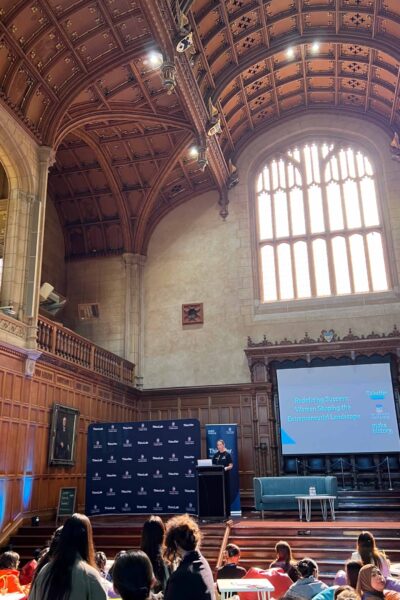
You achieved Overall Dux in Foundation Studies and won the StudyAdelaide International Student Award 2023 for Academic Excellence. What were the steps you took to achieve these milestones?
I have always aimed to excel in my studies and have set goals of achieving academic awards. The steps I took were:
- Attending all classes and actively participating in class discussions. Stepping out of my comfort zone by sharing my answers and ideas;
- Attending extra help sessions when encountering difficulties with assignments or while preparing for exams;
- Actively seeking feedback from teachers;
- Using to-do lists to manage college work alongside other commitments;
- Building a support network for group studies;
- Spending time with friends to ensure a well-balanced life and prevent burnout;
- Staying connected with my family through regular video and phone calls.
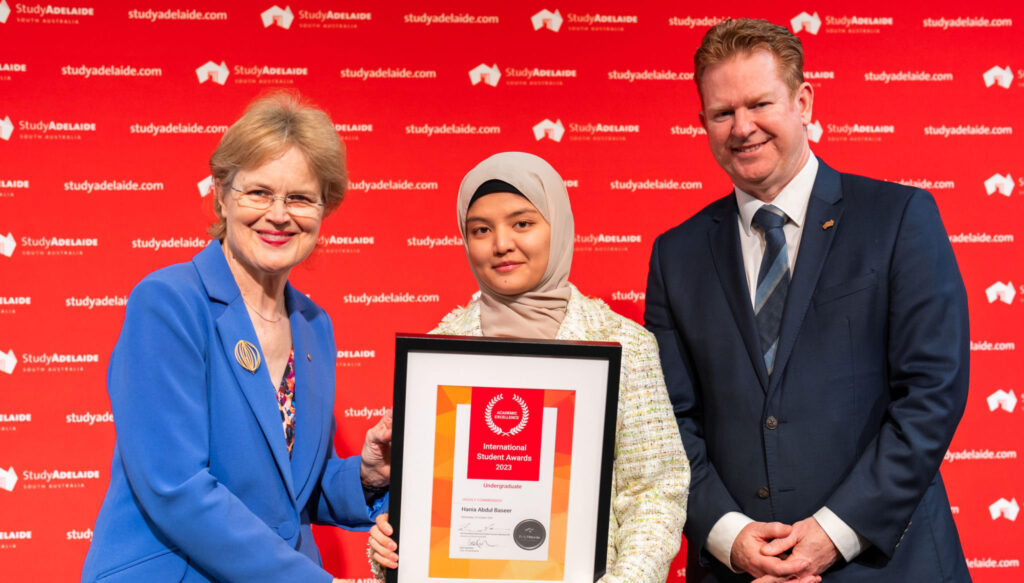
You were selected for the Adelaide Summer Research scholarship. Which faculty was this with and what projects did you work on?
The Adelaide Summer Research Scholarship was awarded yearly by the University of Adelaide for various research projects. It was created to offer undergraduate students experience within a research team and inspire them to consider postgraduate study and a research career.
I collaborated on a project with a research team from the University’s School of Computer Science.
My research project, titled ‘Automatic Cryptographic Algorithm Optimisation,’ involved applying my knowledge of data structures and working with a substantial codebase to implement and automate a cryptographic algorithm within an existing Assembly Line program.
The project aimed to explore and enhance the efficiency of cryptographic algorithms through automation and contribute to advancements in computer science and cybersecurity.
I also conducted research under the guidance of Dr. Henry Li from the Australian Institute of Machine Learning which explored the potential of machine learning techniques, like graph neural networks, for efficient renewable energy storage.
Tell us about Women in STEM Society. Describe your responsibilities as their IT Officer.
I joined the Women in STEM Society (WISTEMS) at the University of Adelaide which had over 600 members. Its primary aim was to establish a supportive network for women and advocate for diversity in STEM (science, technology, engineering, mathematics).
We ran a variety of professional development events with talks from industry speakers and panel discussions. I was a panellist speaker for their ‘Inspiring Women’ program in 2021. I shared my journey in STEM and facilitated a hands-on workshop.
Until the end of 2022, I was their IT Officer. My role involved building and maintaining the club’s website, emails to members, event management, giving advice on IT solutions, and helping in club events. I enjoyed nurturing a supportive and diverse STEM community at my university.
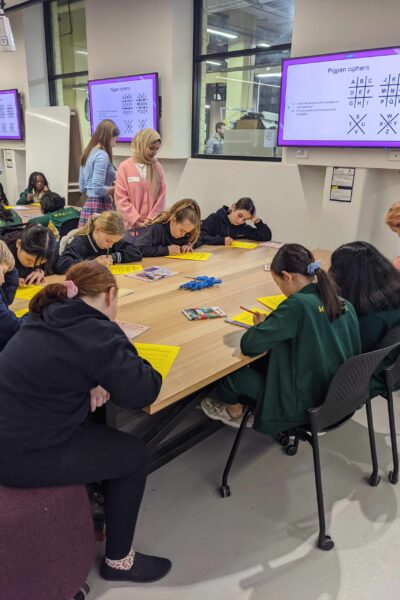
Tell us about working at Canva.
In the summer of 2022, I took a three-month internship at Canva as a software engineer. Canva is one of the fastest Australian tech start-ups in the world. This experience not only enriched my skills, but I also could contribute to the global tech landscape. I had opportunities to apply classroom theory to the workplace, develop my technical skills, and learn the different sides of a tech company.
After my internship was completed, I was offered a graduate role at Canva.
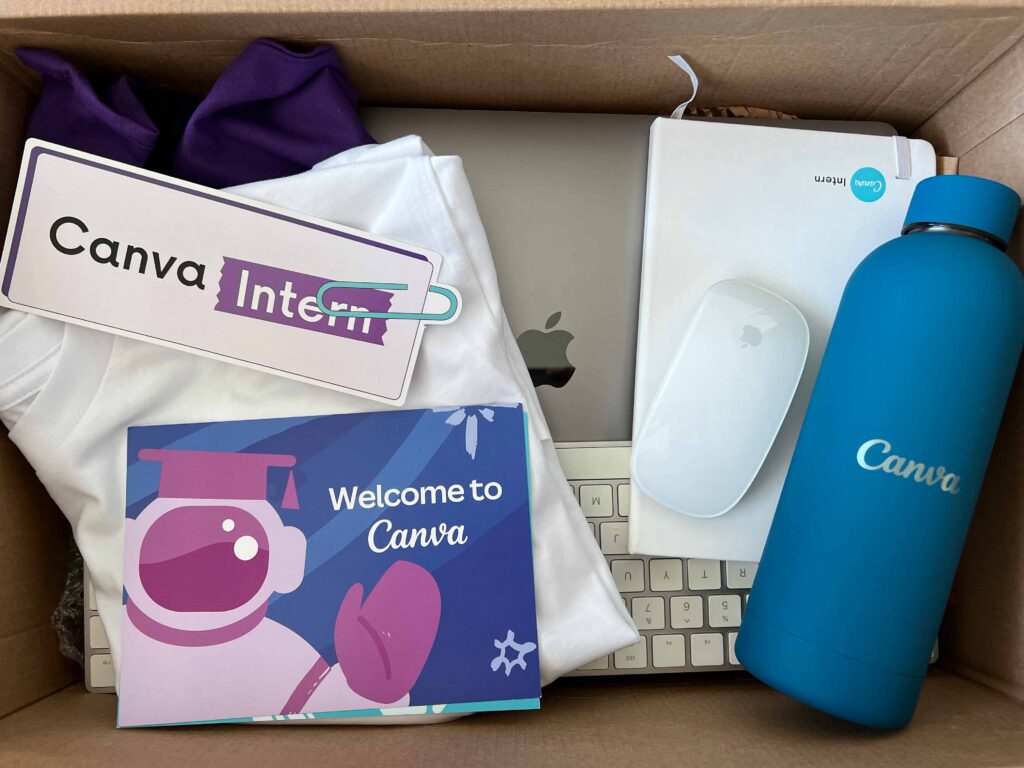
Describe the challenges you have faced (both in your studies and work) and how you overcame them?
Challenge 1: I worried and stressed about securing a good job after my studies.
To address this, I created a plan that aligned with the timelines of internship and graduate application openings, prepared for interviews, and sought opportunities to make myself more employable.
Challenge 2: Difficulty in saying “no” to opportunities when I already had many commitments, which led to burnout.
I knew I needed to strike a balance and avoid overextending myself. I needed to stop overthinking things and go with my instincts. I became more selective in my commitments, learned to prioritise, and manage my time effectively.
Challenge 3: Feeling homesick and missing my family and friends from Dubai.
To address this, I often travelled back home during the university holidays. During the semester, I stayed connected with my family and friends using social media and video calls.
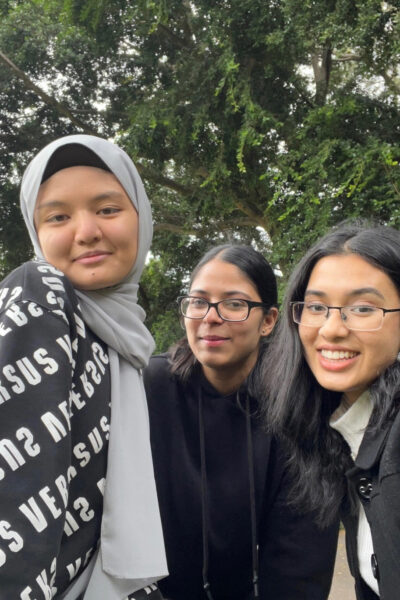
What are the biggest lessons you have learned from your studies?
The biggest lessons I have learned from my studies are:
- Delving into something new can be intimidating, but with perseverance, it becomes less challenging.
- Approaching new learning opportunities with an open and growth mindset.
- The most effective way to understand a new concept is with practical application.
- Focusing only on one aspect of life, such as university studies, can lead to detachment and fatigue. Seek other interests, whether it be a hobby, volunteering, or part-time employment.
Where do you see yourself in 5 years?
In five years, I envision myself as a skilled software engineer, and specialising in areas such as machine learning and full-stack development, all while maintaining a healthy balance between work and personal life.
I aim to be in the initial stages of establishing my own tech start-up and developing web and mobile apps that enhance daily life and contribute to community well-being. One idea I have is a mental health chatbot to help users generate a daily journal for therapeutic self-reflection and another idea is a food app that alerts users to heavily discounted meals by restaurants who want to reduce food wastage.
Want to work in a high-demand industry and make a positive impact in the world? Learn more about our Foundation Studies and Degree Transfer Program in Computer Science at the University of Adelaide College.
